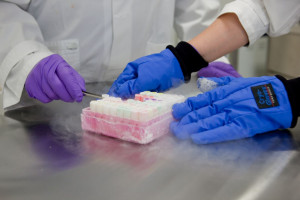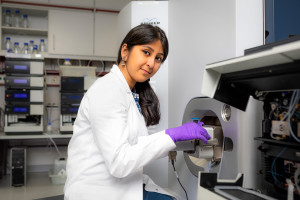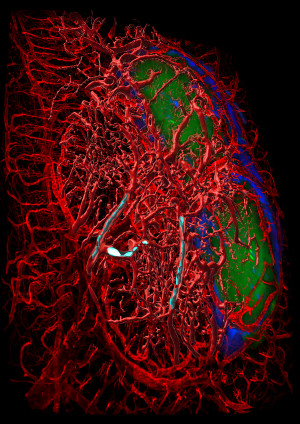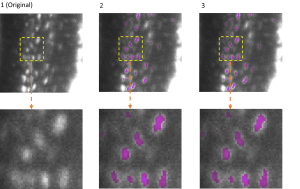Dortmund, 5th February 2020
The development of a new drug for the treatment of heart failure and cardiac hypertrophy is a primary goal of “ChInValue – NRW–China Cooperations: GRK5 Inhibitors”. The project is being coordinated by the Lead Discovery Center (LDC) and conducted in cooperation with the Leibniz Institute for Analytical Sciences (ISAS) and two Chinese partners: Shanghai Jemincare Pharmaceutical Co. and Makohs Biotech. The German–Chinese consortium will devote itself to the fight against cardiac insufficiency and hypertrophy until the end of 2022. The German partners are being funded by a grant of around EUR 1 million from the German Federal Ministry of Education and Research (BMBF).

Research will focus on GRK5, a protein kinase that has so far received little attention in drug development, despite being implicated in the development of heart failure or hypertrophic heart muscle in the vast majority of cases.
Research will focus on GRK5, a protein kinase that has so far received little attention in drug development, despite being implicated in the development of heart failure or hypertrophic heart muscle in the vast majority of cases. The aim of the project is to develop low-molecular-weight substances that inhibit the pathological processes mediated by GRK5.
“Our ambitious goal is to develop a drug candidate that is ready to enter preclinical development by the end of this three-year project,” says LDC’s Managing Director and CSO, Dr Bert Klebl.
“We hope to develop an effective new therapy from which heart disease patients can profit in the near future,” explains the ISAS scientific director and head of the Biomedical Research Department, Prof. Kristina Lorenz, a pharmacologist specializing in the treatment of cardiovascular diseases.
Financial support is being provided by the German Federal Ministry of Education and Research as part of its funding programme “InterSPIN – internationalization of leading-edge clusters, forward-looking projects and comparable networks”. Within this context, BIO.NRW and BIO Clustermanagement NRW GmbH have conceived and realized the internationalization alliance „NRW-China Cooperations: A strategic perspective for innovative life science SME value chains”, of which this project in the fight against heart failure is a part.





